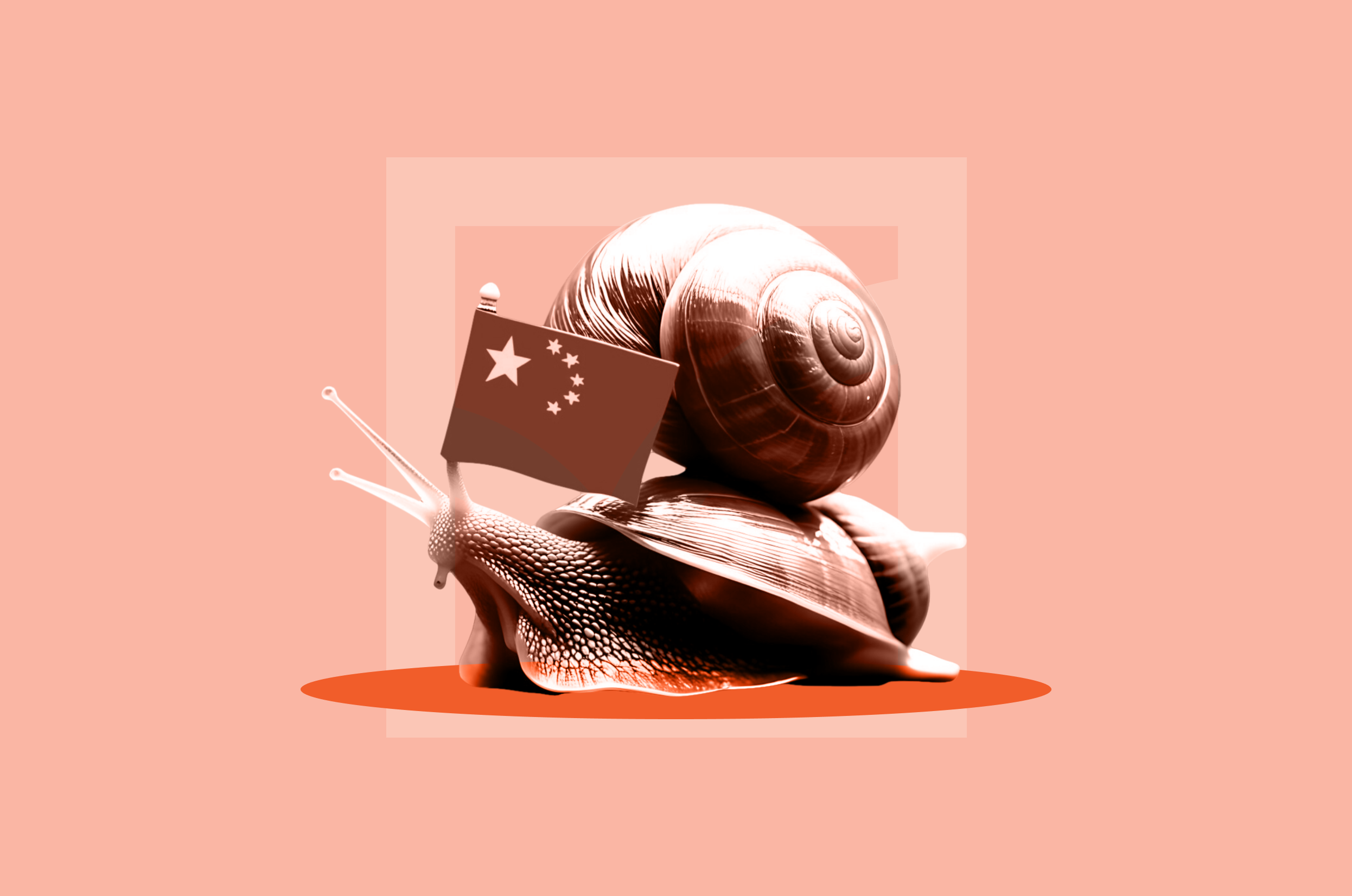“When America Sneezes, the World Catches Cold”.
With China becoming another major Global power along with the USA, this quote is now true for China as well. Under Deng Xiaoping’s leadership, in the late 1970s, China moved away from its agrarian and closed economy to a ‘Socialist Market Economy’ and thus began China’s Growth Miracle.
China became the global factory for the world and its export led growth got a shot in the arm post its inclusion in the WTO. In addition to its manufacturing prowess, China also invested significantly in infrastructure constructing modern transportation networks, including high-speed railways, expressways, ports, real estate projects and power plants.
As China became a Middle-Income country, it started investing heavily in R&D of modern technologies like Artificial Intelligence, renewable energy, bio-technology and more.
However, all is not well.
China’s growth story has not been without challenges. Infra growth was predicated on unsustainable levels of debt, due to which a few of Chinese real estate developers are in stress. A number of cities and townships were created, which are unoccupied, and are known as ‘Ghost Cities’. Add to that, the rapid modernization has created wealth and income disparity.
The Covid-19 episode and its ensuing lockdowns were a warning sign for Global MNCs to diversify their supply chains to other countries like India, Vietnam, etc. China’s demographics are no longer as favorable as before (courtesy the One child policy employed by China to control their population).
The Chinese government measures to control the debt fueled excesses, inequality, environmental degradation are well-meaning but have created growth barriers. Add to that, global slowdown is not helping matters.
Here, I have compiled a few charts highlighting the weakness in the Chinese Economy:
Housing Activity Slowing Down

Deflationary conditions rise – reflect weak demand conditions

Note: CPI refers to Retail inflation and PPI refers to Wholesale inflation
Foreigners are pulling money out of China – reflect low confidence of foreigners on Chinese policy

China’s hold on exports is weakening – supply chains are getting diversified

Consumer loans growing slowly – weak demand impulse

Demographic Challenges – A long term challenge for the Chinese Government to tackle
Population Degrowth

China is Ageing – working age population on the decline

The Chinese economy doesn’t paint a very optimistic picture, but it would not be wise to write them off. Many analysts over the years have predicted a collapse of the Chinese Economy (and have got it wrong). Though there have been periods of high turbulences, the Chinese machine has always found a way out. The leadership there is well cognizant of the slowdown, and I have no doubt they would be working to re-ignite the economy.
But that doesn’t mean a slowdown in China will not affect your portfolios! It has in the past and it will in the future as well.
In such a connected world, if China faces a slowdown, it will invariably impact the global growth and a prolonged impact may not be very good for one’s equity portfolio. As I emphasize every now and then, it becomes very important to have a diversified portfolio with allocation towards Equity, Gold and Debt which will keep you in good stead during such trying times.
Hope you found this interesting!
Till the next time,
Happy Investing,
Vijay
CEO – InCred Money
P.S. I share my thoughts on Investing and the Economy regularly. You can follow me here.







